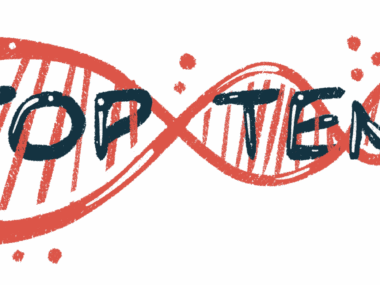Exon-skipping DMD therapy gets FDA orphan drug status
NS Pharma treatment aims to stabilize or improve muscle function
Written by |

The U.S. Food and Drug Administration (FDA) has granted orphan drug status to NS-051/NCNP-04, an exon-skipping therapy designed to treat certain people with Duchenne muscular dystrophy (DMD).
The FDA gives this designation to experimental treatments designed to improve care for rare disorders, specifically conditions affecting fewer than 200,000 people in the U.S. The goal is to give extra incentives to companies investing in treatments for rare disorders, which by definition have a small market that can make it hard for a company to profit from them. Among other benefits, treatments given orphan drug designation get a guarantee of seven years of market exclusivity if they are ultimately approved.
The designation was announced in a press release from NS Pharma, a subsidiary of Nippon Shinyaku, which is developing NS-051/NCNP-04. The company said the therapy aims to stabilize or improve muscle function.
Skipping exons
DMD is caused by mutations in the DMD gene, which provides instructions for making the muscle protein dystrophin. People with DMD make virtually no functional dystrophin, and as a result, their muscles accumulate more wear-and-tear damage than normal, leading to MD symptoms like muscle weakness and wasting.
Like other protein-coding genes, the DMD gene is composed of sections called exons interspersed with other sections of genetic code called introns. When the gene is read to produce protein, the individual exons are strung together to form the protein-coding sequence, the way individual words are put together to form this sentence. Many DMD-causing mutations lead to one or more exons being deleted from the sequence. That puts the exons after the mutation out of alignment, so no functional dystrophin protein can be produced.
The idea behind exon-skipping treatments for DMD is to skip over one or more exons to restore the alignment of the remaining exons, facilitating production of a shortened but functional version of the dystrophin protein. This strategy uses short strands of nucleic acids (which make up DNA and RNA) called antisense oligonucleotides. Several exon-skipping therapies are conditionally approved to treat eligible DMD patients in the U.S.
NS-051/NCNP-04 is designed to facilitate skipping of exon 51 in the DMD gene to treat eligible Duchenne patients.
Earlier this year, the FDA granted NS-051/NCNP-04 rare pediatric disease designation, a status given to experimental treatments for serious, rare diseases mainly affecting children.






